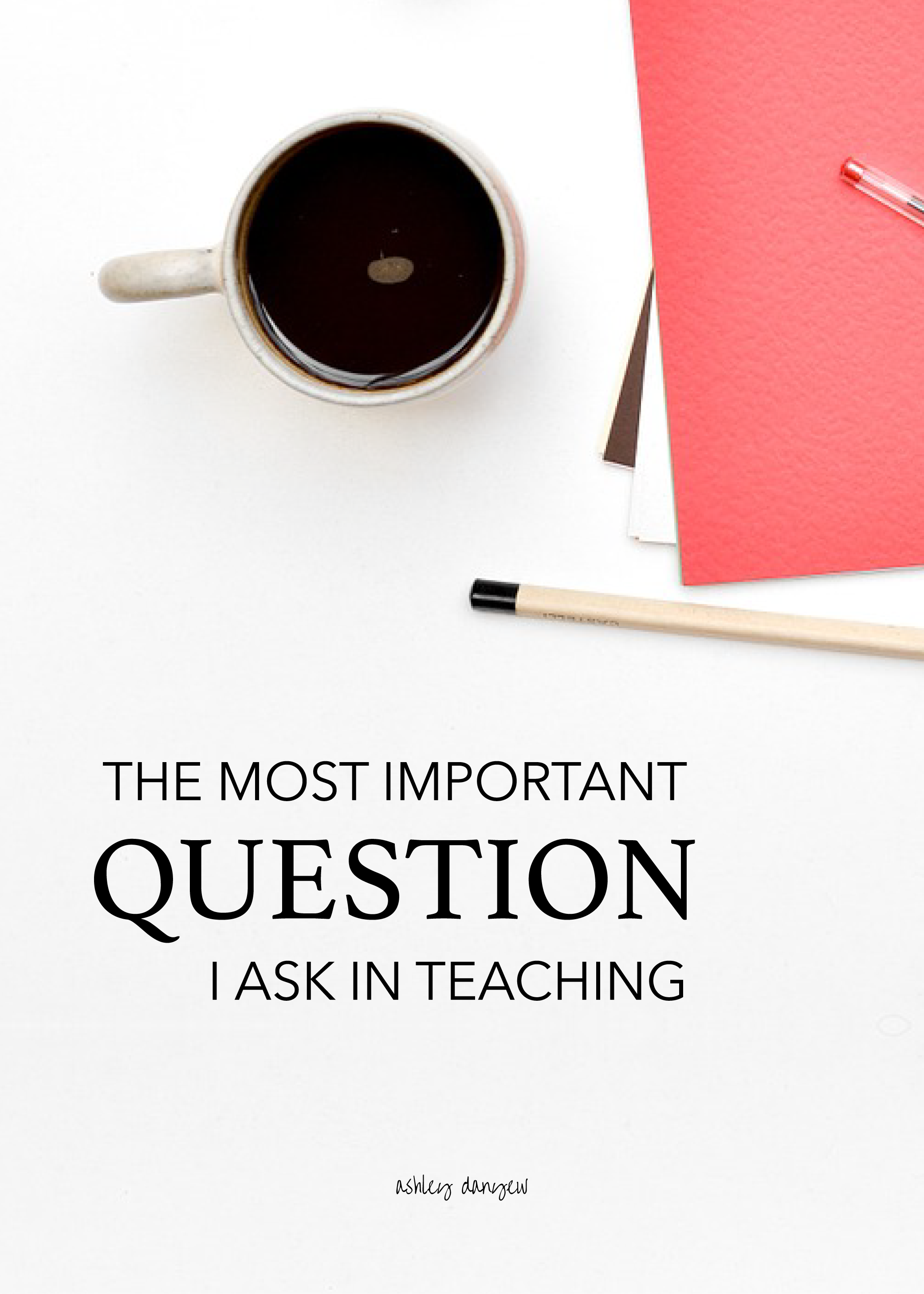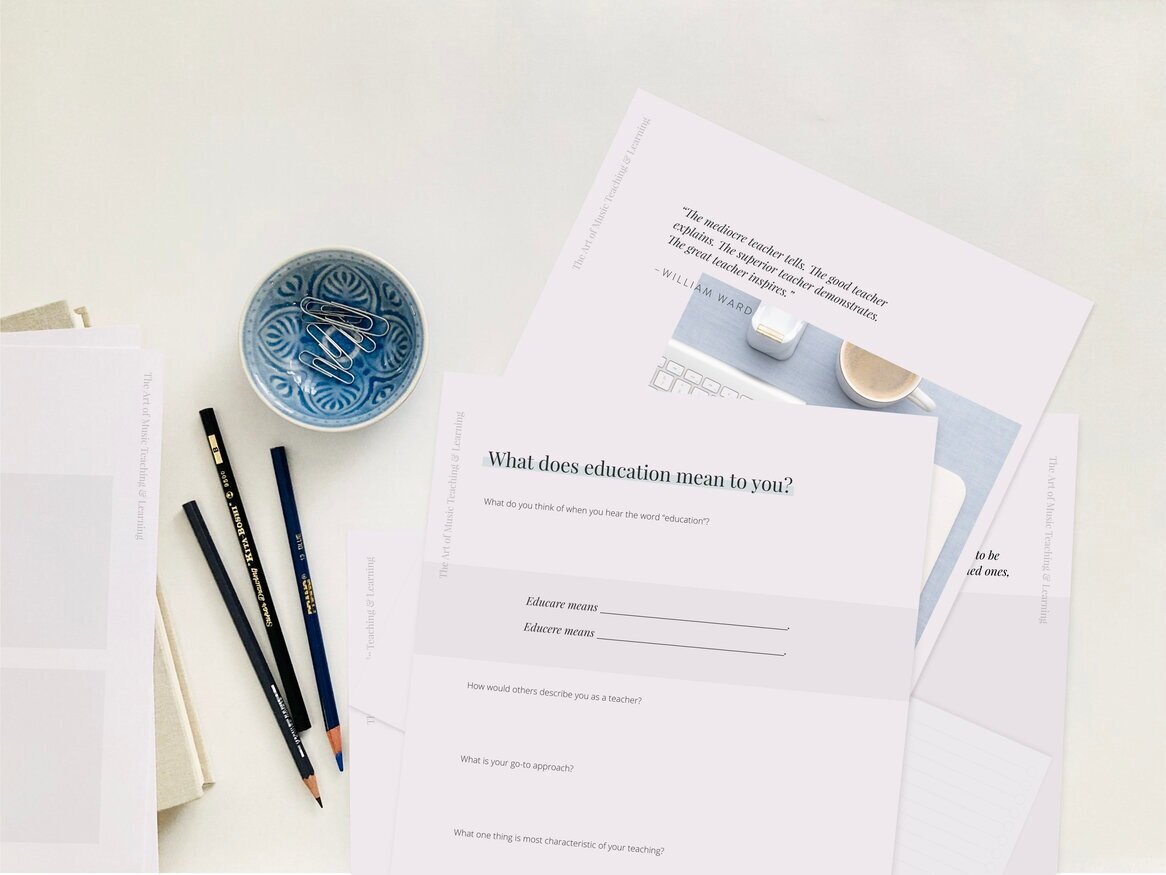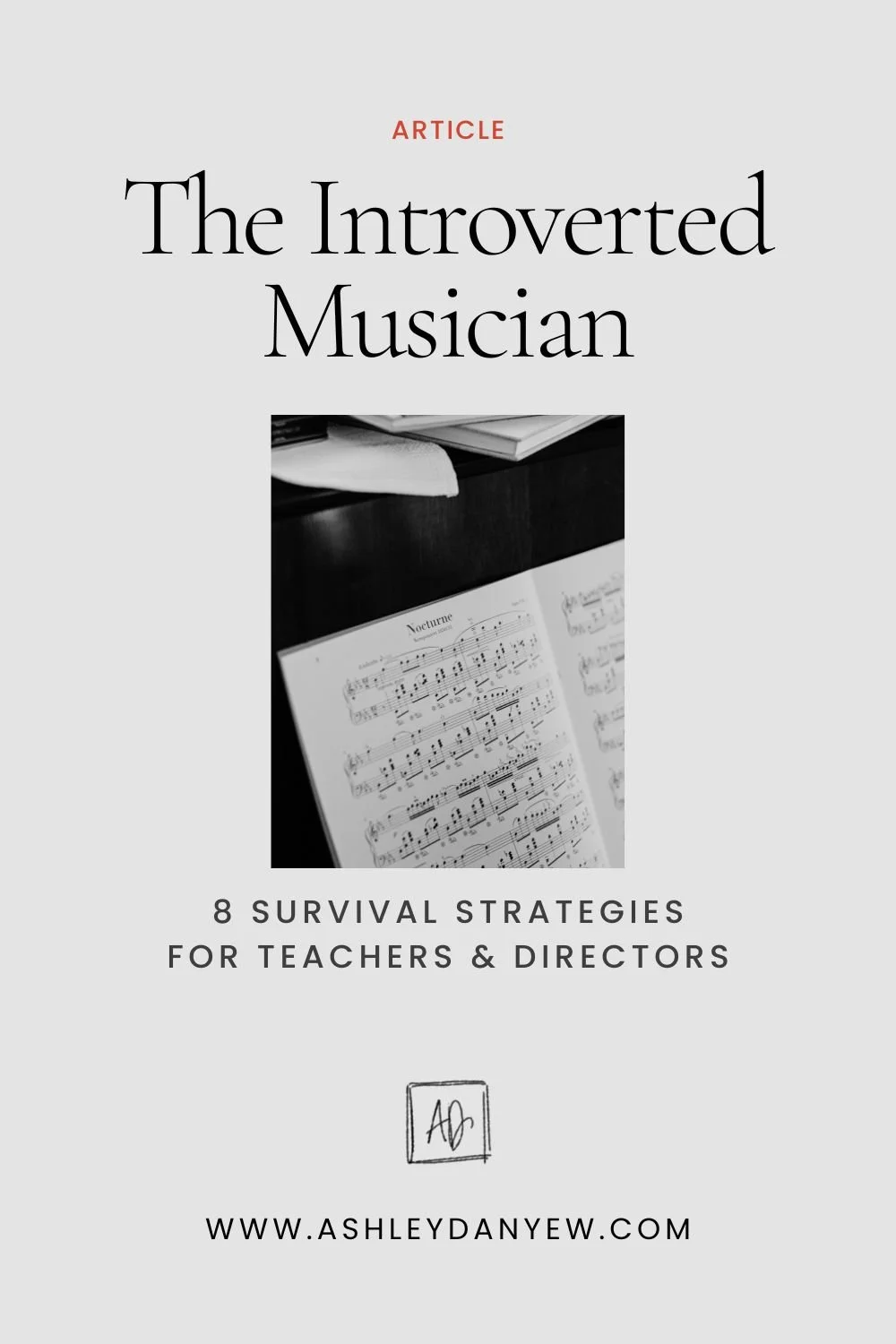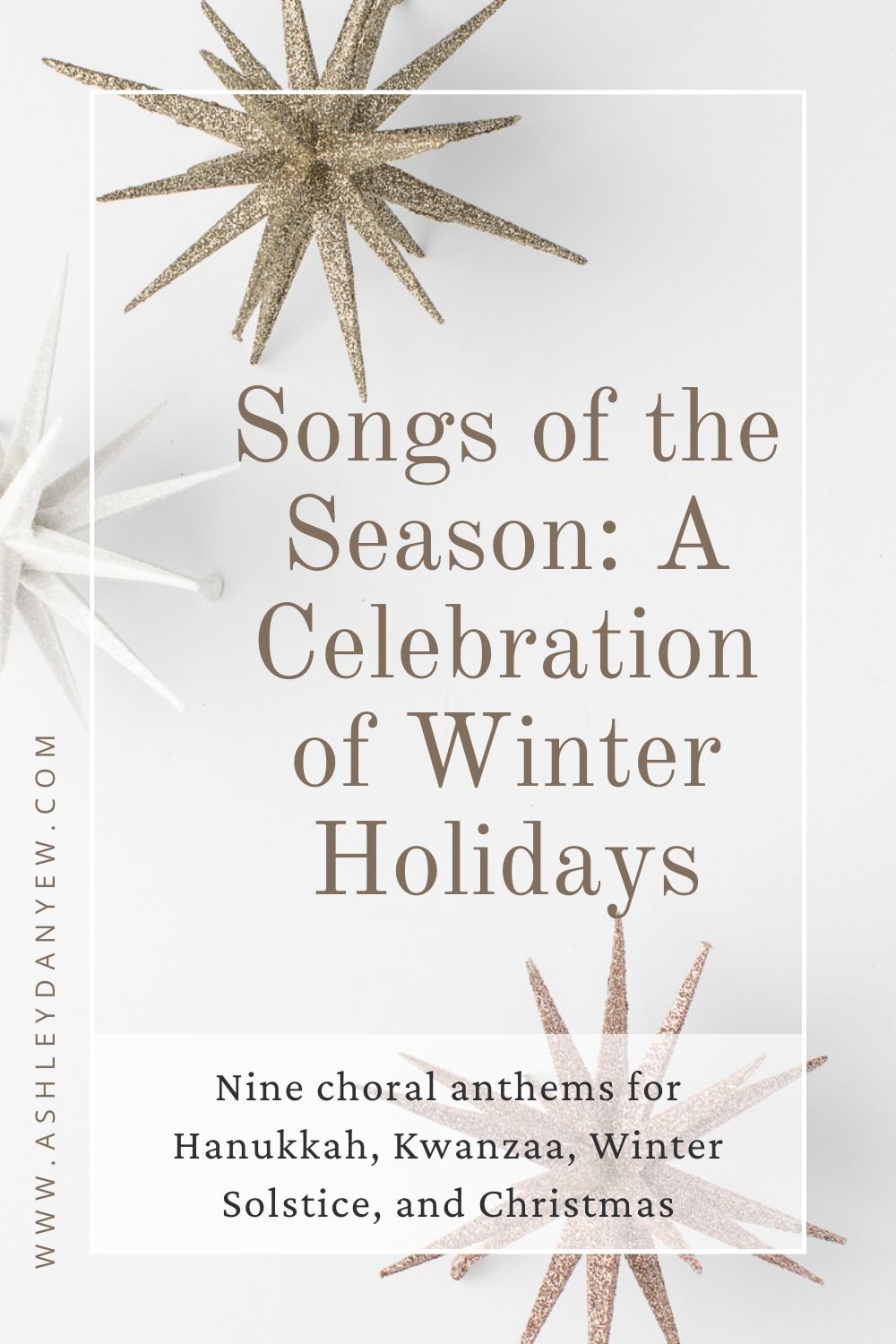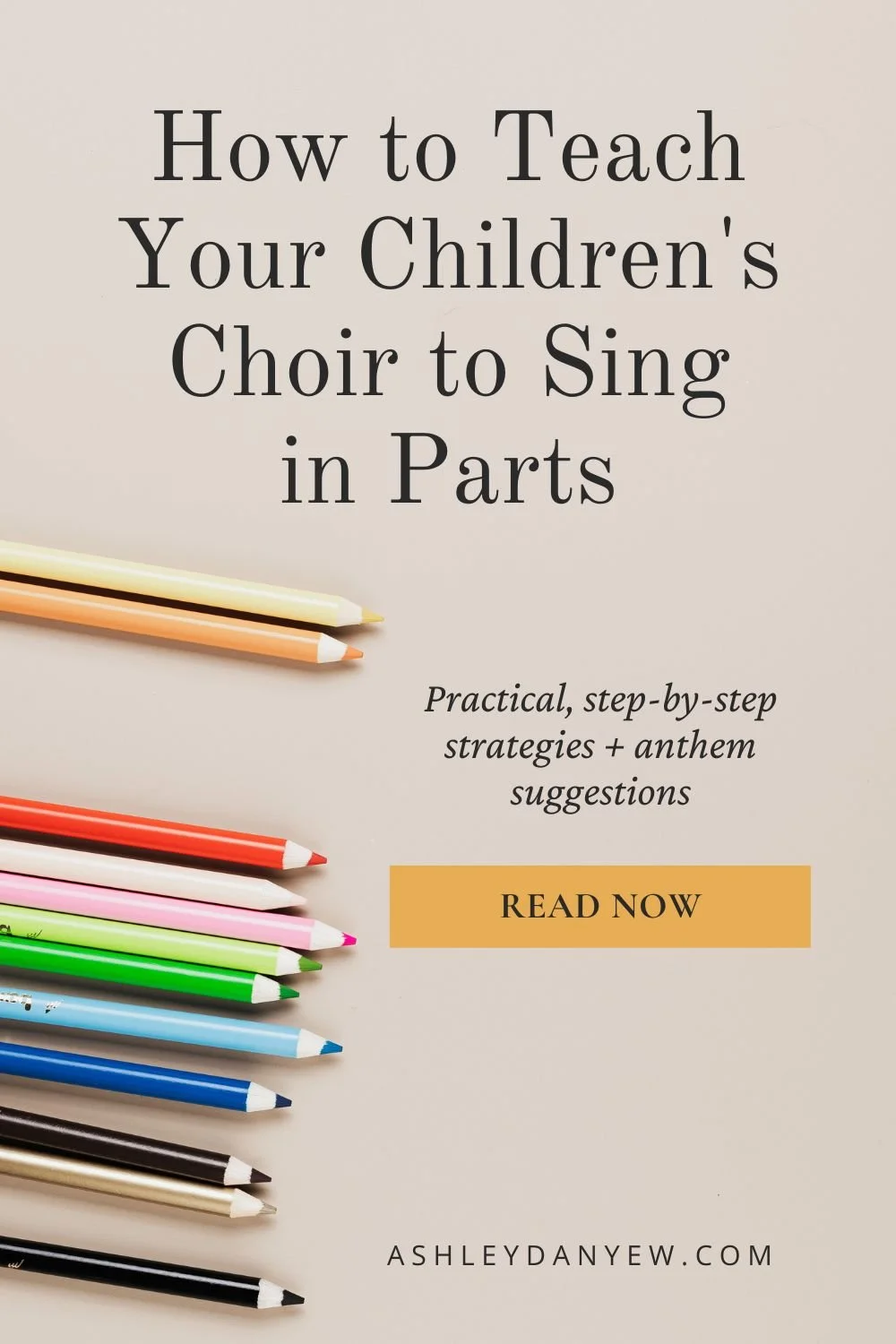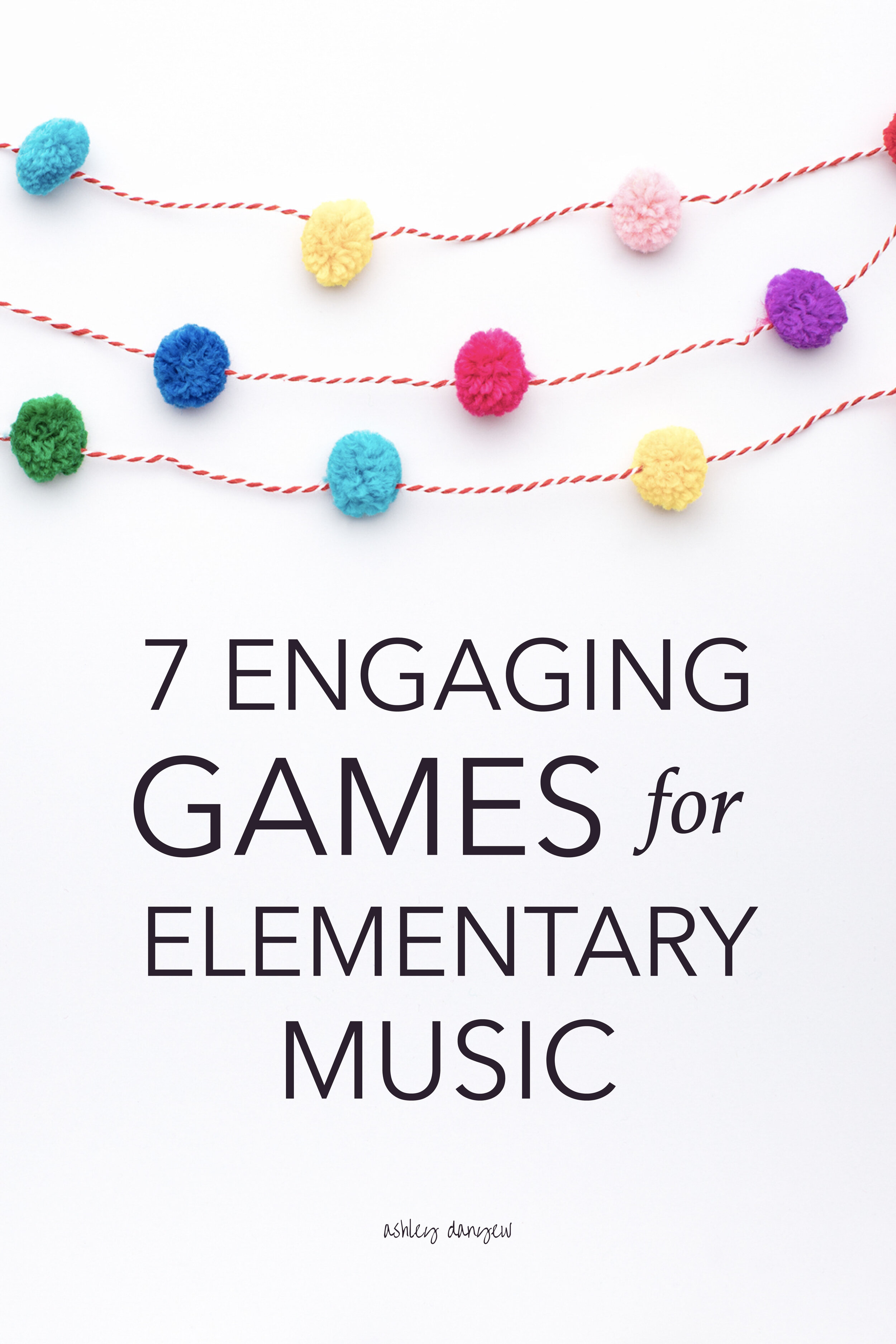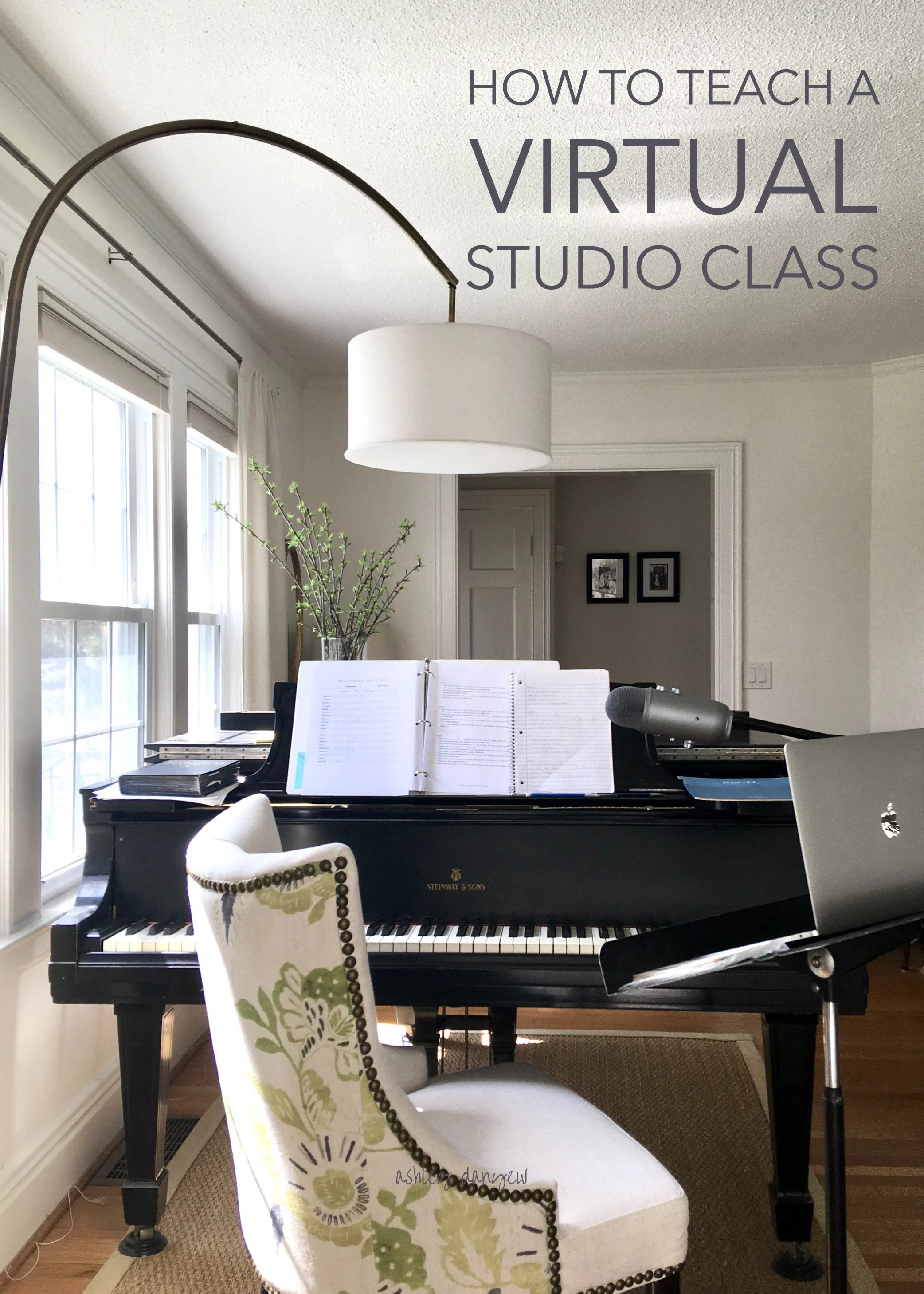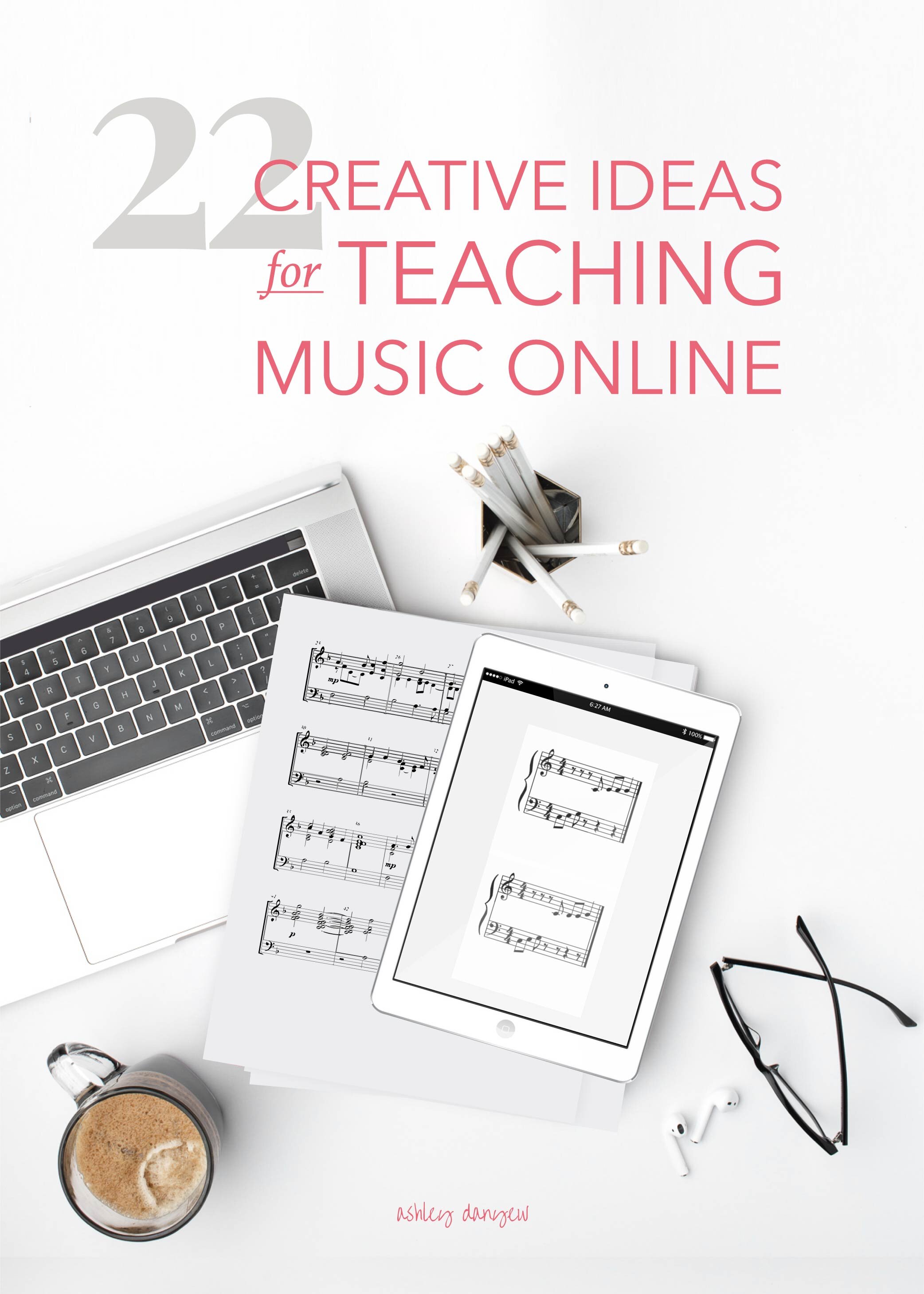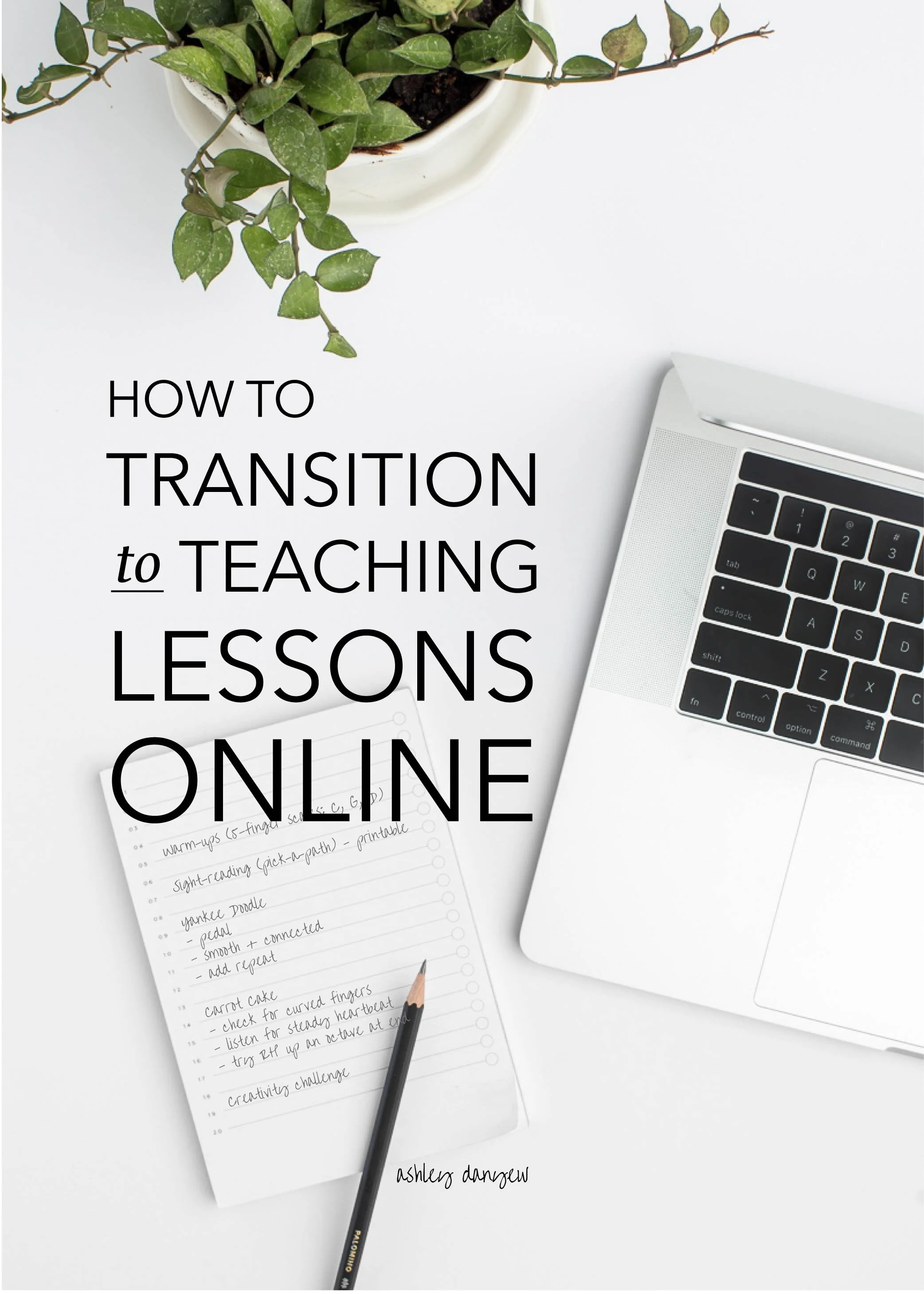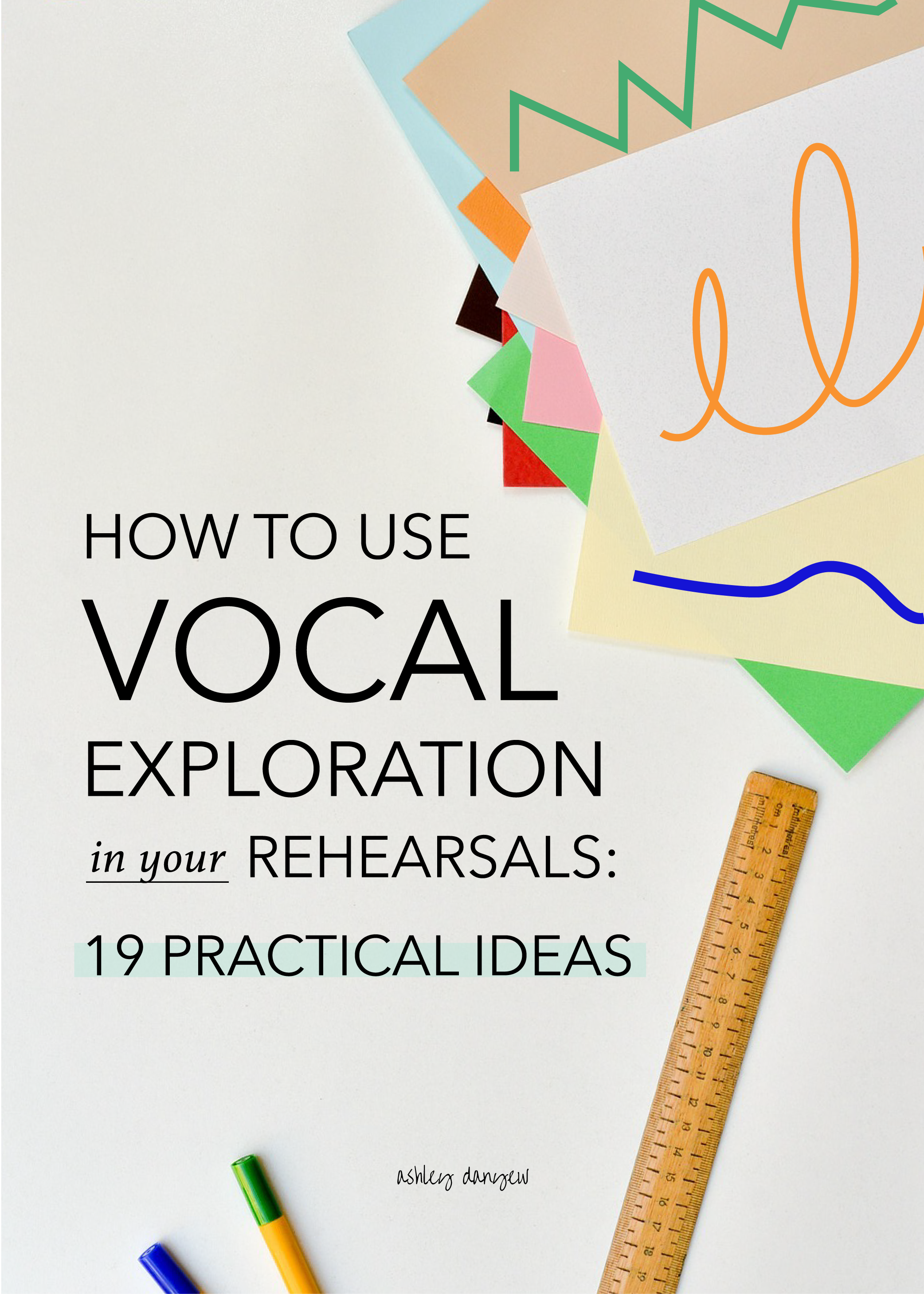As teachers, we ask a lot of questions. But, did you know there are different kinds of questions (or ways of asking questions) that can actually promote learning?
A good question does more than assess student learning or mastery of a concept; it can actually foster a deeper level of understanding, open space for productive dialogue, and promote self-reflection.
This is important because, as music educators, we love nothing more than seeing people learn and grow, as individuals and as musicians.
There are two main types of questions: closed-ended and open-ended.
Here is a bit more about each one:
Closed-Ended Questions
These are questions that have a yes/no answer. This doesn’t promote a lot of deep thinking, as the answer is typically given in the question (e.g. "Is the bottom line of the treble staff an E?") and the learner has a 50/50 chance of getting the answer right. These types of questions work well for younger students when you're comparing things, though I would rephrase the question to, “Were those the same or different?”
Open-Ended Questions (Convergent)
These are questions that begin with “How” or “What,” requiring the learner to describe something. Instead of asking, “Was that forte?” which requires only a "yes" or "no," ask, “What is the dynamic level for this piece?” to encourage the learner to find the dynamic sign and interpret its meaning. Here are a few other examples:
How many beats are in each measure?
What is the key signature for A major?
What is the third space in the treble staff?
How many phrases do you see?
These are some of the questions I ask on a regular basis in my teaching. However, these questions are convergent, meaning they still have only one answer (source). The third space in the treble staff will always be C, no matter how you ask it. What about questions that have more than one answer?
Open-Ended Questions (Divergent)
Divergent questions have multiple responses and encourage creativity and reflection on the part of the learner (source). Here are a few questions that foster deep thinking and demonstrate understanding:
What are some ways you can practice that section at home?
What is this piece about?
What do you think is the most important word in this phrase?
How do you want this part to sound?
Why do we have key signatures in music?
What is your favorite thing about this piece?
What would you do differently next time?
Again, these questions can be answered in many different ways. And even if the answer you get doesn’t quite match the answer you might have given, this creates a great opportunity for dialogue.
The Most Important Question I Ask In Teaching
If you work with elementary students (and—let’s face it—adults, too), you know that sometimes they guess answers to questions we ask (and sometimes, those answers are right). As a teacher, I’m not interested in the right answer as much as I am seeing that they actually know the answer and doing what I can to foster deeper learning. For this reason, there’s one question I’ve found myself asking that may be the most important of all:
How do you know?
This question really gets at what they know, how they understand things, and their process for figuring things out. I get the best answers when I ask this question! Sometimes, I get a very thoughtful, thorough explanation that shows me the learner has a solid grasp on the concept; other times, the answers I get show me there’s been a misunderstanding somewhere along the line that I need to address (but you’ve got to love the creative explanations they come up with!).
A final, closing thought—when you ask questions in teaching, think about what you really want to know (and why) and ask questions that point to that.
Do you really want to know what the key signature for G major is? I’m guessing you already know the answer to that one. ;-) Instead, you’d probably like to know that your choir can figure out what key they’re singing in or that your student is developing an understanding of tonality and how key signatures work.
What are your favorite questions to ask in teaching?
Want to learn more about
music teaching & learning?
I’d love to have you join me inside my signature program.
Designed for music educators in all settings, The Art of Music Teaching & Learning is an 8-week course that will help you refine and cultivate your teaching skills by developing a deeper understanding of teaching and learning processes, learning goals and assessment, and creative curriculum design.


